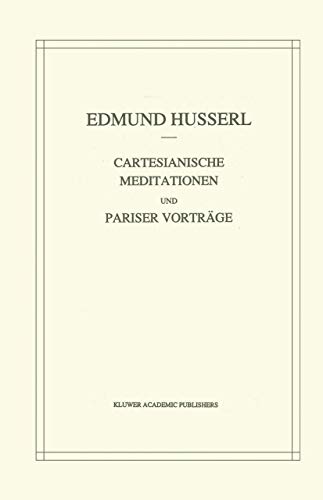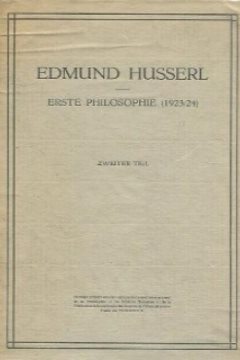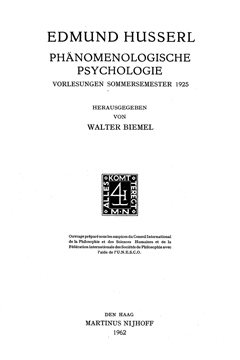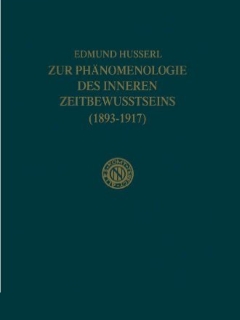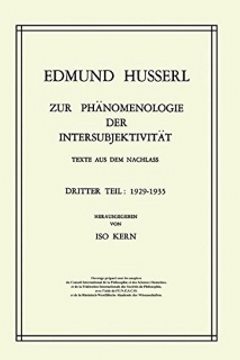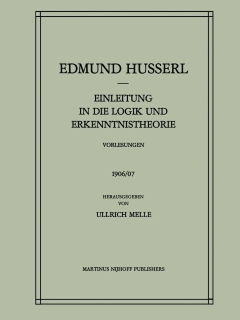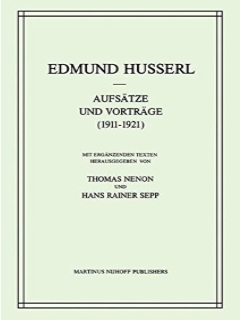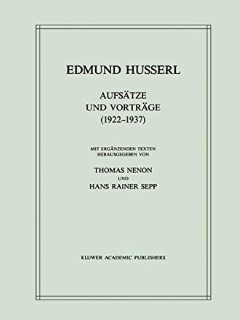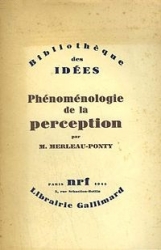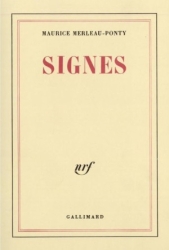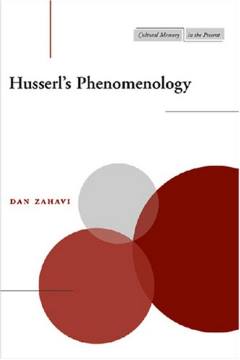
(2007) Phenomenology and the Cognitive Sciences 6 (1-2).
Can phenomenology contribute to the burgeoning science of consciousness? Dennett’s reply would probably be that it very much depends upon the type of phenomenology in question. In my paper I discuss the relation between Dennett’s heterophenomenology and the type of classical philosophical phenomenology that one can find in Husserl, Scheler and Merleau-Ponty. I will in particular be looking at Dennett’s criticism of classical phenomenology. How vulnerable is it to Dennett’s criticism, and how much of a challenge does his own alternative constitute? I will argue that there are some rather marked differences between these two approaches to consciousness, but as I also hope to make clear, Dennett’s own account of where the differences are located is off target and ultimately based on a somewhat flawed conception of what classical phenomenology amounts to.
Publication details
DOI: 10.1007/s11097-006-9038-7
Full citation:
Zahavi, D. (2007). Killing the straw man: Dennett and phenomenology. Phenomenology and the Cognitive Sciences 6 (1-2), pp. 21-43.
References
2001
Daniel DennettMedford, Center for Cognitive Studies Tufts University
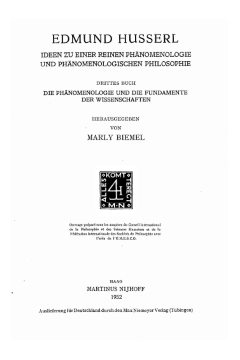 Ideen zu einer reinen Phänomenologie und phänomenologischen Philosophie III: Die Phänomenologie und die Fundamente der Wissenschaft
Ideen zu einer reinen Phänomenologie und phänomenologischen Philosophie III: Die Phänomenologie und die Fundamente der Wissenschaft1952
Den Haag, Nijhoff
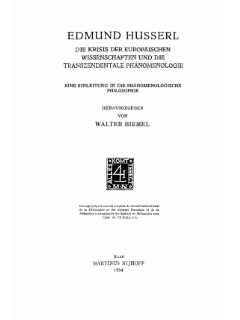 Die Krisis der europäischen Wissenschaften und die transzendentale Phänomenologie
Die Krisis der europäischen Wissenschaften und die transzendentale Phänomenologie1954
Den Haag, Nijhoff
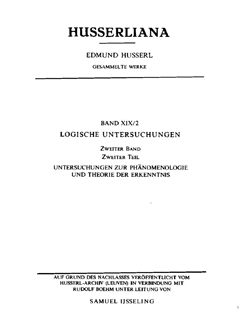 Logische Untersuchungen. Zweiter Band - II. Teil: Untersuchungen zur Phänomenologie und Theorie der Erkenntnis
Logische Untersuchungen. Zweiter Band - II. Teil: Untersuchungen zur Phänomenologie und Theorie der Erkenntnis1984
Den Haag, Nijhoff
 Mental representation and consciousness: towards a phenomenological theory of representation and reference
Mental representation and consciousness: towards a phenomenological theory of representation and reference1993
Dordrecht, Kluwer
2003
in: The self in neuroscience and psychiatry, Cambridge : Cambridge University Press
 Naturalizing phenomenology: Issues in contemporary phenomenology and cognitive science
Naturalizing phenomenology: Issues in contemporary phenomenology and cognitive science1999
Jean Petitot, Francisco Varela , Bernard Pachoud, Jean-Michel Roy (ed)
Stanford, Stanford University Press
 The embodied mind: Cognitive science and human experience
The embodied mind: Cognitive science and human experience1991
Francisco Varela , Evan Thompson, Eleanor Rosch
Cambridge, Mass., MIT Press
 Self-awareness and alterity: A phenomenological investigation
Self-awareness and alterity: A phenomenological investigation1999
Evanston, Ill., Northwestern University Press
 Subjectivity and selfhood: Investigating the first-person perspective
Subjectivity and selfhood: Investigating the first-person perspective2005
Cambridge, Mass., MIT Press
 Exploring the self: Philosophical and psychopathological perspectives on self-experience
Exploring the self: Philosophical and psychopathological perspectives on self-experience2000
Dan Zahavi (ed)
Amsterdam, Benjamins
 One hundred years of phenomenology: Husserl’s Logical investigations revisited
One hundred years of phenomenology: Husserl’s Logical investigations revisited2002
Dan Zahavi, Frederik Stjernfelt (ed)
Dordrecht, Kluwer
This document is unfortunately not available for download at the moment.


